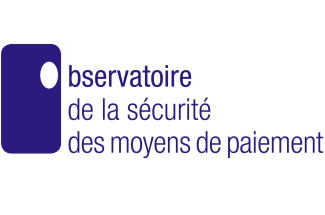Observatory for the Security of Payment Means
Created by Law 2016-1691 of 9 December 2016, the Observatory for the Security of Payment Means (OSMP) is a body whose purpose is to facilitate the exchange of information and the consultation between all the parties concerned (consumers, retailers and companies, public authorities and administrations, banks and managers of payment means) by the smooth functioning of payment means and the fight against fraud.
